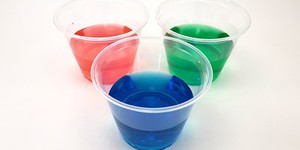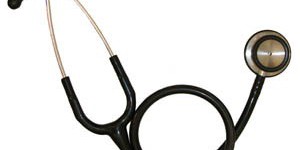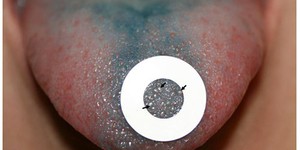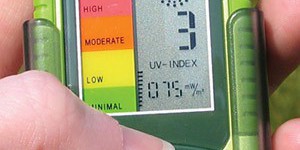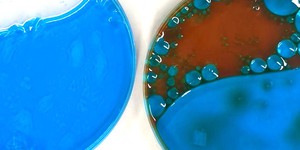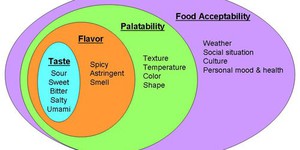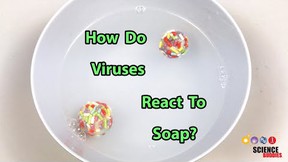Second Grade, Human Biology & Health Science Projects (8 results)
Isn't the human body incredible? From the complex systems that make it work to the numerous ways we're able to cure illnesses, there are so many fascinating subjects to study when it comes to human biology and health. Are you interested in subjects like how the body works, how best to keep it working, and how to cure everything from a common cough to cancer?
|
Select a resource
Coding Projects
Sort by
|
You might have heard the saying "The eyes eat before the mouth." The appearance of food, especially its color, certainly affects how we perceive its taste. But can your eyes actually change the way you taste something? In this science project, you will find out by investigating how people perceive the taste of different colored apple juice. How do you think color affects taste?
Read more
Did you know that our brains are split into two parts, right inside our head? One half is the left brain and the other half is the right brain. Some people use one half of the brain more than the other half when they are doing certain activities, like talking or reading. The half that is used is sometimes tied to which hand they prefer to use. If someone likes to use their right hand when doing an activity, like drawing or throwing a ball, do they also prefer to use their right ear, eye, or…
Read more
New
How do you feel right now? Do you remember how you felt a few hours ago? How about yesterday or last Wednesday? What if you could track your emotions throughout the day and use this information to help improve your mood and well-being? In this science project, you will program a simple, pocket-sized device that you can carry around with you to log your feelings whenever you want or on a specific schedule.
Read more
Doctors use many complicated tools to check the health of patients. But you can make some medical tools at home—like a stethoscope! A doctor uses a stethoscope to listen to a patient's heart. In this science project, you will make three of your own homemade stethoscopes and figure out which stethoscope design works best and why.
Read more
Are you really picky about food? Or do you know someone who is? It might be because he or she is a supertaster! To supertasters, the flavors of foods are much stronger than to average tasters. Are you a supertaster? Find out with this tongue-based science fair project!
Read more
It's true that the light from the Sun provides the heat and light we need to survive here on Earth, but it also poses a threat. Ultraviolet (UV) rays in sunlight cause damage that can lead to early skin aging and even skin cancer. In this science fair project, find out when you need the most protection from UV rays by using a personal UV monitor to measure how the level of ultraviolet light changes during different parts of the day.
Read more
New
Have you ever walked next to your favorite ocean, lake, or creek and seen plastic waste everywhere? Have you ever thought about how much plastic breaks down into microplastics and pollutes waterways? Scientists are coming up with new ways to remove these microplastics from our waterways, and now you can test them out for yourself at home.
Read more
Did you know that your heart beats at different rates depending on what you're doing? The more physically active you are, the faster your heart beats. You can measure the rate your heart is beating by taking your pulse. This science fair project will show you how to take your pulse and help you investigate which daily activities get your heart beating the fastest.
Read more
Taylor Swift famously got in shape for her three-hour-long Eras Tour concerts by singing all 40+ songs...while running on a treadmill! Have you ever tried running while singing at the top of your lungs? How hard do you think it is? In this science project you will measure the impact talking and singing have on a group of volunteer runners. Is anyone in better shape than Taylor Swift?
Read more
If you developed a super-sour candy, drink, or dessert, to whom would you sell it? Do people of all ages love sour, or is there a difference between the sour preferences of kids and adults?
In this mouth-puckering science project, you will find out by making batches of lemonade that vary in their sourness and have volunteers taste them!
Read more
|

